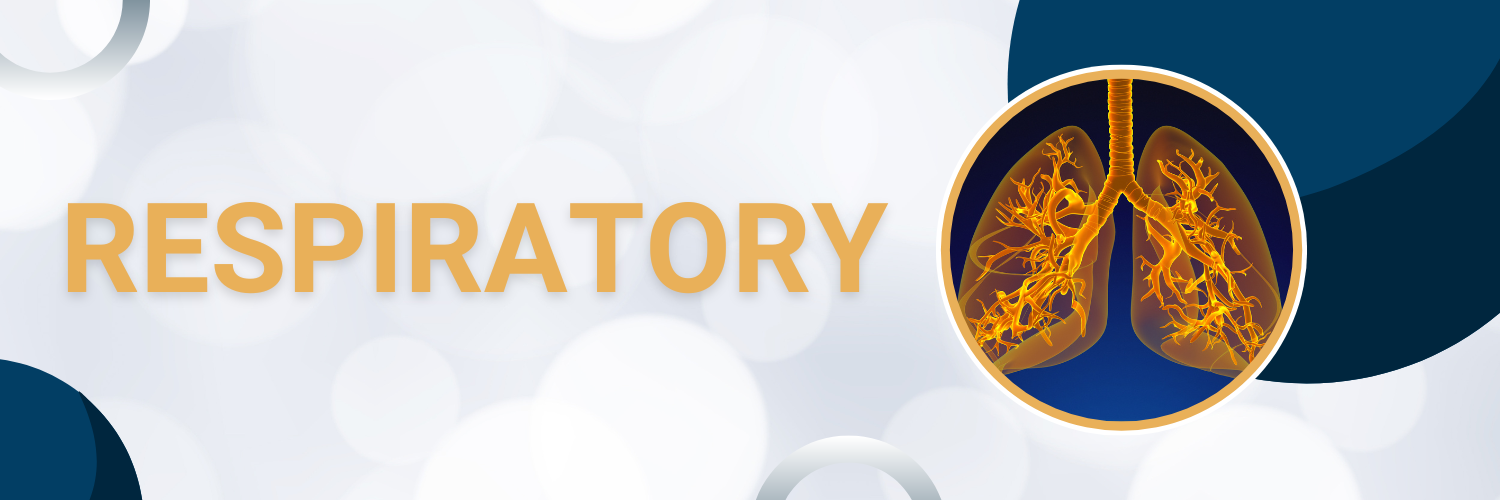

Sinusitis
Understanding Sinusitis: Causes, Symptoms, and Treatment
Introduction:
Sinusitis, often referred to as a sinus infection, is a common condition that affects millions of people worldwide. It occurs when the sinuses, the hollow cavities behind the cheekbones, forehead, and eyes, become inflamed or infected. While sinusitis is typically not a serious condition, it can cause discomfort and disrupt daily activities. In this article, we will delve into the causes, symptoms, and treatment options for sinusitis to help you better understand and manage this condition.
What Causes Sinusitis?
Sinusitis can be caused by various factors, including:
1. Viral Infections: The common cold and flu viruses can lead to inflammation of the sinuses, resulting in sinusitis.
2. Bacterial Infections: Bacterial infections can develop in the sinuses, particularly following a viral infection or due to factors such as allergies or a weakened immune system.
3. Allergies: Allergies to pollen, dust, mold, or other environmental allergens can trigger inflammation in the nasal passages and sinuses, leading to sinusitis.
4. Nasal Polyps: These noncancerous growths in the nasal passages can obstruct the sinuses and contribute to sinusitis.
5. Deviated Septum: A deviated septum, where the nasal septum is crooked or off-center, can obstruct the sinus passages and increase the risk of sinusitis.
Symptoms of Sinusitis:
The symptoms of sinusitis can vary depending on the type and severity of the condition. Common symptoms include:
1. Nasal Congestion: Difficulty breathing through the nose due to blockage or congestion in the nasal passages.
2. Facial Pain or Pressure: Pain or pressure in the face, particularly around the forehead, cheeks, and eyes.
3. Headache: A persistent or throbbing headache, often worsened by bending forward or lying down.
4. Nasal Discharge: Thick, discolored nasal discharge, which may be yellow or green.
5. Cough: A cough, which may be worse at night or in the morning.
6. Reduced Sense of Smell and Taste: Sinus inflammation can affect the sense of smell and taste.
7. Fatigue: Feeling tired or fatigued, often as a result of disrupted sleep due to sinus symptoms.
Treatment Options for Sinusitis:
The treatment for sinusitis depends on the underlying cause and severity of the condition. Here are some common treatment options:
1. Over-the-Counter Medications: Over-the-counter pain relievers, decongestants, and nasal sprays can help alleviate symptoms such as pain, congestion, and nasal inflammation.
2. Nasal Irrigation: Using a saline solution to flush out the nasal passages can help relieve congestion and promote drainage of mucus.
3. Prescription Medications: In cases of bacterial sinusitis, antibiotics may be prescribed to treat the infection. Corticosteroid nasal sprays may also be recommended to reduce inflammation.
4. Allergy Management: If allergies are contributing to sinusitis, allergy medications or immunotherapy (allergy shots) may be recommended to manage symptoms.
5. Surgery: In severe or chronic cases of sinusitis, surgery may be necessary to remove nasal polyps, correct a deviated septum, or improve sinus drainage.
Preventing Sinusitis:
While sinusitis cannot always be prevented, there are steps you can take to reduce your risk:
1. Practice Good Hygiene: Wash your hands regularly, especially during cold and flu season, to reduce the spread of viruses and bacteria.
2. Stay Hydrated: Drink plenty of fluids to keep your nasal passages moist and help prevent congestion.
3. Avoid Allergens: If you have allergies, try to avoid triggers such as pollen, dust, and pet dander.
4. Use a Humidifier: Using a humidifier in your home can help keep the air moist, which may alleviate sinus symptoms.
5. Quit Smoking: Smoking can irritate the nasal passages and increase the risk of sinusitis. If you smoke, consider quitting to improve your sinus health.
Conclusion:
Sinusitis is a common condition that can cause discomfort and disrupt daily life. By understanding the causes, symptoms, and treatment options for sinusitis, you can take steps to manage this condition effectively. If you experience persistent or severe sinus symptoms, be sure to consult with a healthcare professional for proper diagnosis and treatment.
